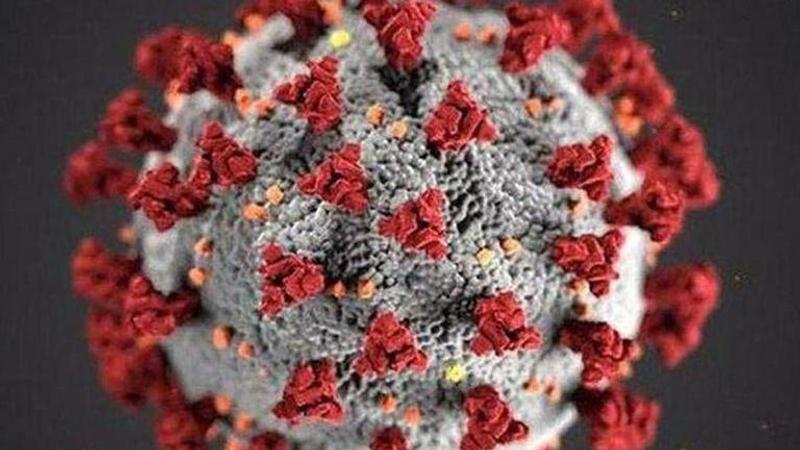Published 20:17 IST, May 7th 2020
WHO says deliberately infecting people with COVID-19 virus could speed up vaccines
Deliberately infecting healthy volunteers with the virus that causes COVID-19 may speed studies of vaccines against the deadly pathogen, WHO said.

Deliberately infecting healthy volunteers with the virus that causes COVID-19 may speed studies of vaccines against the deadly pathogen, the World Health Organization recently said on its website. It added that such studies which pose a potential threat to the subject may be considered in dire situations like the ongoing crisis. This comes as multiple research institutions across the US, UK and other nations are constantly racing to develop a vaccine.
According to WHO, 'Challenge Studies', where treatment and preventives are directly tested against the infection in 'informed volunteers' might speed up the development process of a vaccine. According to the working group paper, challenge studies “can be substantially faster to conduct than the vaccine field trial, “in part because far fewer participants need to be exposed to experimental vaccines in order to provide (preliminary) estimates of efficacy and safety.”
The report laid out eight conditions that would be needed to be fulfilled for challenge studies to be considered, including scientific justification, an assessment of potential benefits and the fully informed consent of subjects. It added that the initial studies should be only be conducted on healthy adults from 18 to 30 years of age. Also, the tests should prioritise people “who are most likely to get infected” and should take care not to deliberately target the poor and vulnerable. The working group report also said that medical personnel and researchers were the most suitable subjects for the coronavirus challenge research owing to the fact that they were already exposed to the infection and knew about all possible risks.
Dangers for subjects
However, Marc Lipsich, an epipomologist at Harvard suggested that though it could provide benefits for the world, it poses potential dangers for the volunteers. Meanwhile, research published in the Journal of Infectious Diseases said, "Obviously, challenging volunteers with this live virus risks inducing severe disease and possibly even death."
Read: Rafael Nadal Claims Novak Djokovic Cannot Maintain 'no COVID-19 Vaccine' Stance For Long
Updated 20:17 IST, May 7th 2020




